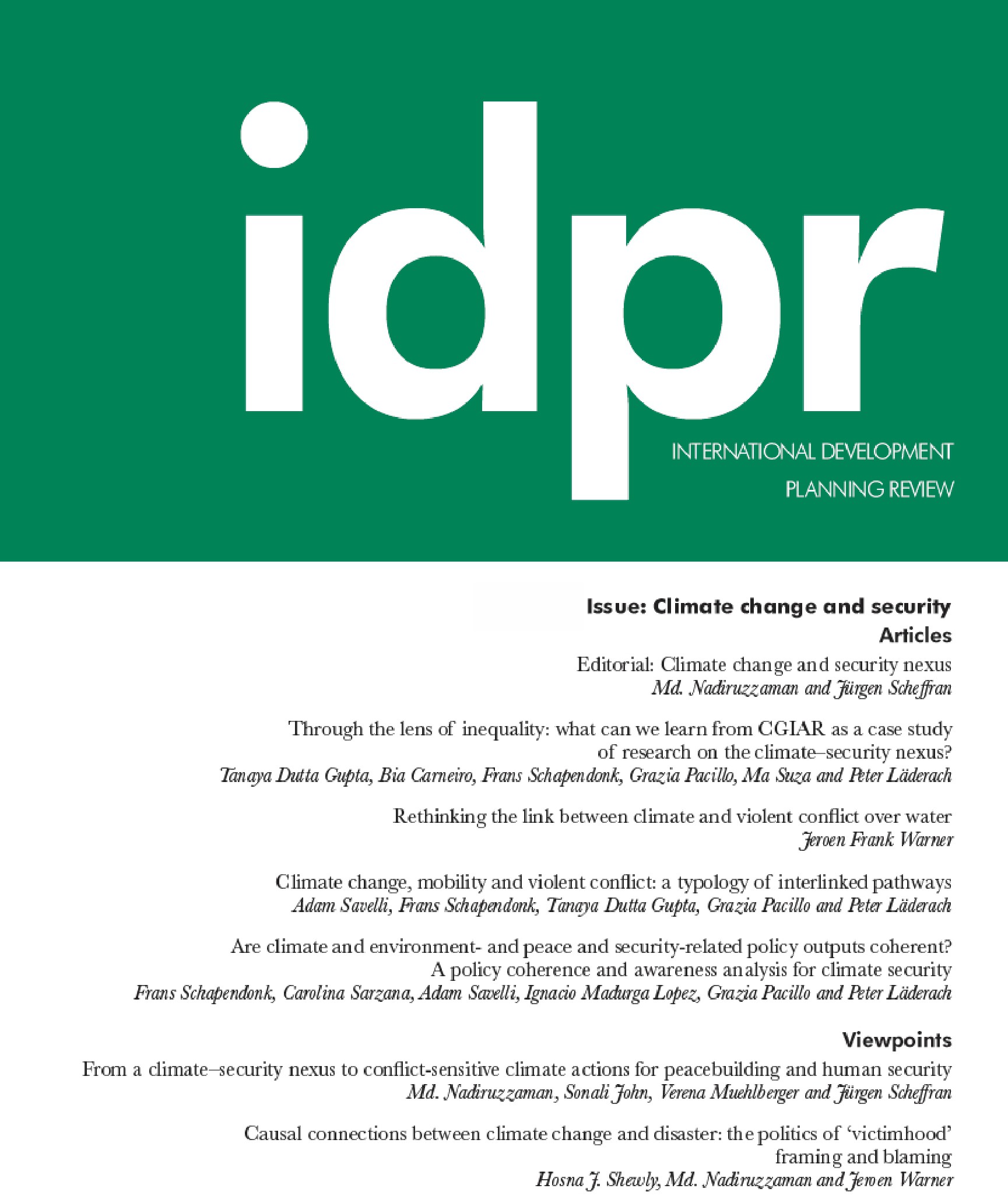COMPARISON OF LEARNING OUTCOMES USING INFORMATION AND COMMUNICATIONS TECHNOLOGY MEDIA WITH CONVENTIONAL LEARNING AT IAKN TARUTUNG
Abstract
The rapid advancement of Information and Communication Technology (ICT) in recent decades has significantly transformed educational methodologies, particularly in developing countries like Indonesia. This study investigates the impact of ICT-based instructional media on student learning outcomes at the Institut Agama Kristen Negeri (IAKN) Tarutung compared to traditional teaching methods. Employing a quasi-experimental design, two classes within the Bachelor’s Program of Christian Education Management were utilized: Class A served as the experimental group receiving ICT-enhanced instruction, while Class B acted as the control group engaged in conventional teaching. Data were collected through pre-tests and post-tests, alongside observations and student questionnaires to assess engagement and perceptions regarding ICT use. Analysis of the collected data revealed notable differences in learning outcomes, indicating that students exposed to ICT-based media demonstrated higher levels of engagement and improved academic performance. The findings underscore the necessity for Indonesian educational institutions to integrate ICT effectively to prepare students for the demands of a digital economy. This research contributes to the ongoing discourse on educational technology's role in enhancing learning experiences and provides practical recommendations for educators aiming to leverage ICT in their teaching practices, ultimately aiming to equip students with essential skills for the 21st century.






